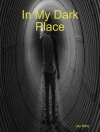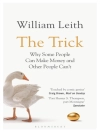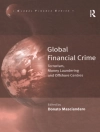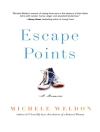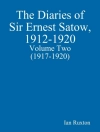In the tradition of bestselling legal memoirs from Johnnie Cochran, F. Lee Bailey, Gerry Spence, and Alan Dershowitz, John Henry Browne”s memoir,
The Devil”s Defender
, recounts his tortuous education in what it means to be an advocate—and a human being.
For the last four decades, the Seattle-based criminal defense lawyer has defended the indefensible. From Facebook folk hero ‘the Barefoot Bandit’ Colton Harris-Moore, to Benjamin Ng of the Wah Mee massacre, to Kandahar massacre culprit Sgt. Robert Bales, Brown has stood at the forefront of our national debate over the death penalty, putting on trail our most base and violent instincts—and the institutional deficiencies that let our most vulnerable fall through the cracks. His unceasing advocacy and the daring to take on some of the most unwinnable cases—and nearly win them all—has led
48 Hours” Peter Van Sant to call him ‘the most famous lawyer in America.’
But although the Browne that America has come to know cuts a dashing and confident figure, he has forever been haunted by his job as counsel to Ted Bundy, the most famous serial killer in American history. A formerly drug- and alcohol-addicted (yet wildly successful) defense attorney who could never let go of the case that started it all, Browne here traces the roots of his discontent as well as his dedication, asking himself the question others have asked him all along: Does defending evil make you evil, too?


